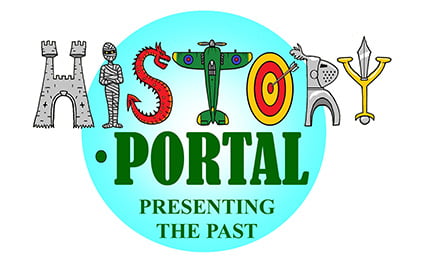
Behold the Liquid Thames frozen o’re,
That lately Ships of mighty Burthen bore
The Watermen for want of Rowing Boats
Make use of Booths to get their Pence & Groats
Here you may see beef roasted on the spit
And for your money you may taste a bit
There you may print your name, tho cannot write
Cause num’d with cold: tis done with great delight
And lay it by that ages yet to come
May see what things upon the ice were done
Today, we can’t imagine that the River Thames can actually freeze over, but years ago it not only froze over, it froze over so deeply that we could actually hold a fair on it. The poem above is the words that, in the 17th century, they put on the posters advertising the fair, each time the Thames froze over.
Believe it or not the first fairs were held as early as the 7th century, in fact there were fairs held on the river until the early 19th century. However, it was between the 17th and 19th centuries that most of these fairs were held.
When the ice was thick enough and lasted long enough, Londoners even started to use the river for travel, trade and entertainment. Naturally this led to all sorts of public festivals and fairs on the ice.
The river didn’t freeze over that often, probably about once in every 10 years, but between 1649-66 it froze over more often.
There were times when, believe it or not, our River Thames froze for as long as two months! During this time, they were able to measure the thickness of the ice, they found it was over 11 inches thick. This was at the time of the great frost of 1683 to 84. This even led to the sea in the North Sea freezing, where solid ice extended several miles off the coast. It even extended to the North Sea ports, they also froze, causing chaos to shipping, as, of course, they couldn’t land their cargo.
1608
This was the year London had its first fair that they called a “frost fair”. They really got carried away with this one. On the ice you could find barbers, pubs, fruit sellers and shoemakers, then to stay warm some even lit fires inside their tents. It was cold!
1683-84 Fair
As I said before this was the longest and most famous one. The ice was so thick they even organised horse and coach racing on the ice! Of course, they skated and had puppet plays, but they were British, so, you guessed it, they even played football on the ice.
We even have a description of the fair from John Evelyn who wrote:
Coaches plied from Westminster to the Temple, and from several other stairs too and fro, as in the streets; sleds, sliding with skeetes, a bull-baiting, horse and coach races, puppet plays and interludes, cooks, tipling and other lewd places, so that it seemed to be a bacchanalian triumph, or carnival on the water.
Isn’t that a wonderful description of what it was like?
Frost fair, 1814 (last frost fair)
This one started on 1st February, and lasted four days, between Blackfriars Bridge and London Bridge.
Would you believe that an elephant was led across the river!
London had had freezing temperatures from the 27th December to 7 February, which is why the fair came on 1st of the month. However, this time it only lasted until the 5th February. This is when it started breaking up, unfortunately, rather quickly that led to several people being drowned.
Why are they no more?
Well, there were three reasons:
- The climate grew milder
- The old London Bridge was demolished in 1831 and replaced with a new one that has wider arches, this meant that the water flowed through it more freely
- They built up the river bank that narrowed it and resulted in it flowing faster, thereby making it harder to freeze.
I keep thinking, wouldn’t it be great fun should it ever freeze over again?
Isn’t history fun?
Here are ten questions to discuss:
- What factors contributed to the River Thames freezing over during the Frost Fairs?
- Describe some of the activities and attractions one could find at the Frost Fairs.
- Who was John Evelyn, and what did he contribute to our understanding of the Frost Fairs?
- How did the freezing of the River Thames affect trade and transportation during the Frost Fairs?
- Can you explain the significance of the year 1683-84 in the history of the Frost Fairs?
- What was the duration of the longest-lasting Frost Fair, and what made it particularly famous?
- Why was the Frost Fair of 1814 considered the last of its kind?
- What role did climate change play in the disappearance of the Frost Fairs?
- How did the replacement of the old London Bridge impact the occurrence of Frost Fairs?
- If the River Thames were to freeze over again today, what modern-day activities do you think would take place on the ice?
For more about this:
https://www.historic-uk.com/HistoryUK/HistoryofEngland/The-Thames-Frost-Fairs/
https://www.thehistorypress.co.uk/articles/the-last-thames-frost-fair/
https://www.alevelpe.com/resources/preindustrial/frostfair.pdf
© Tony Dalton

